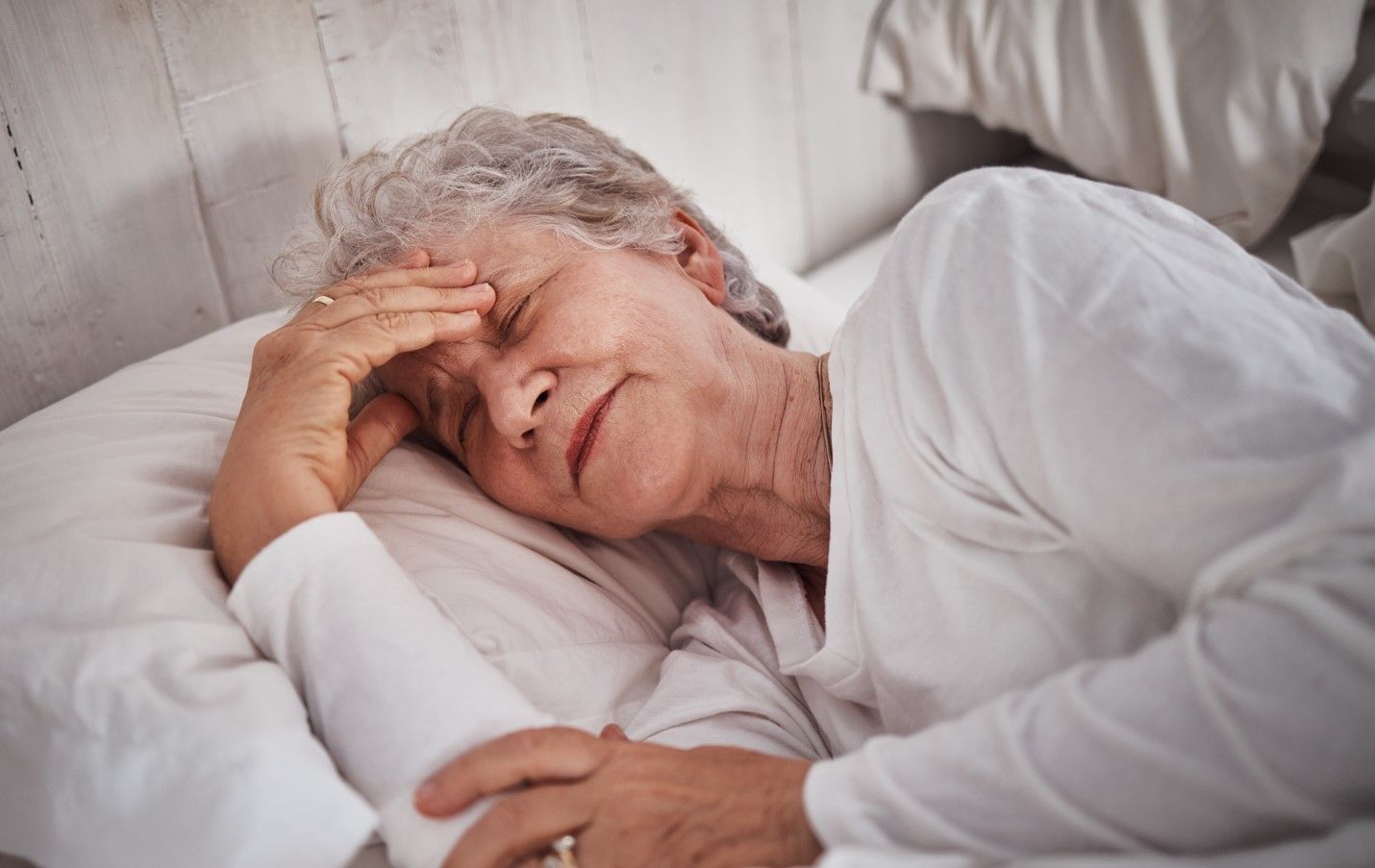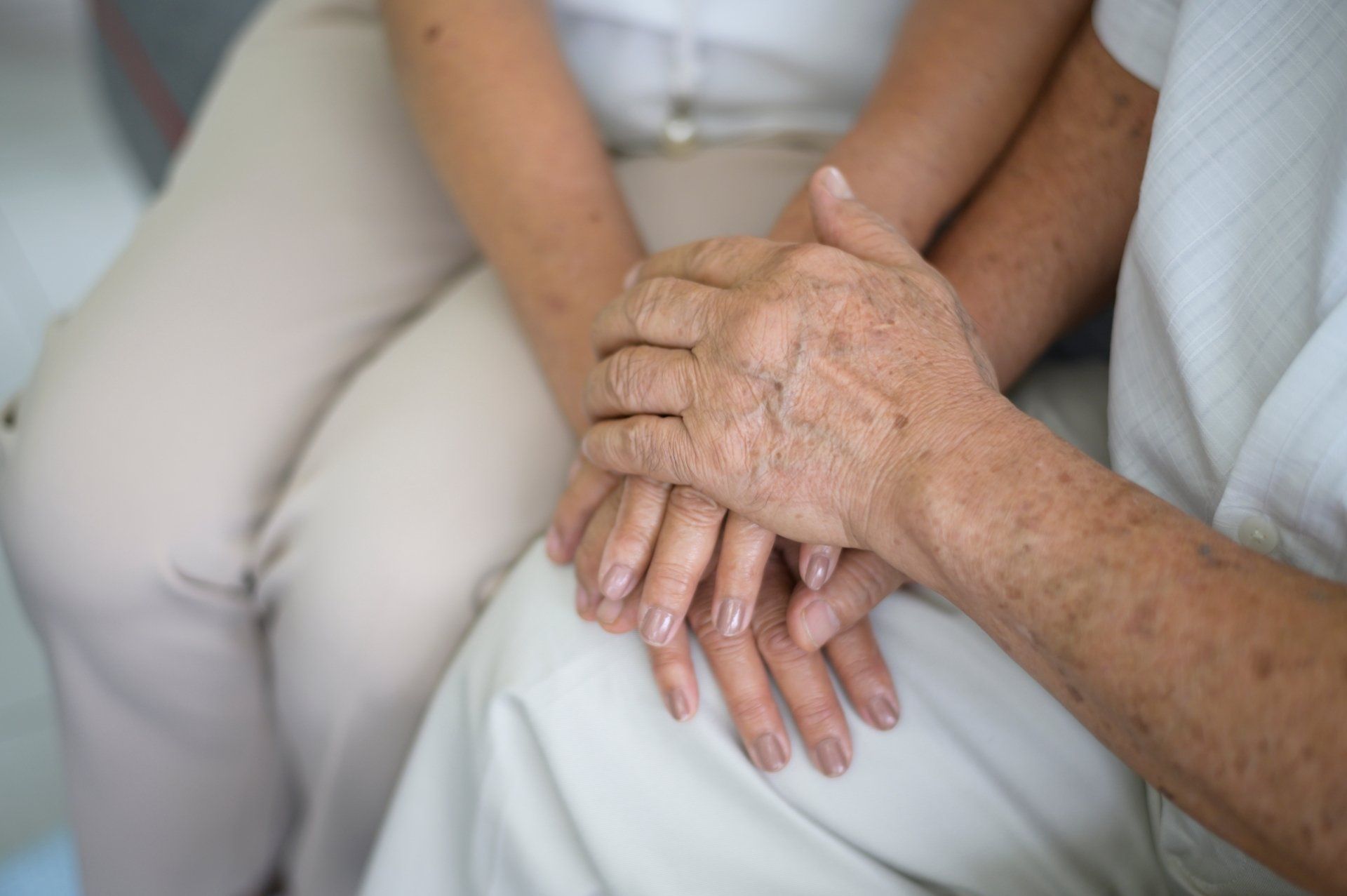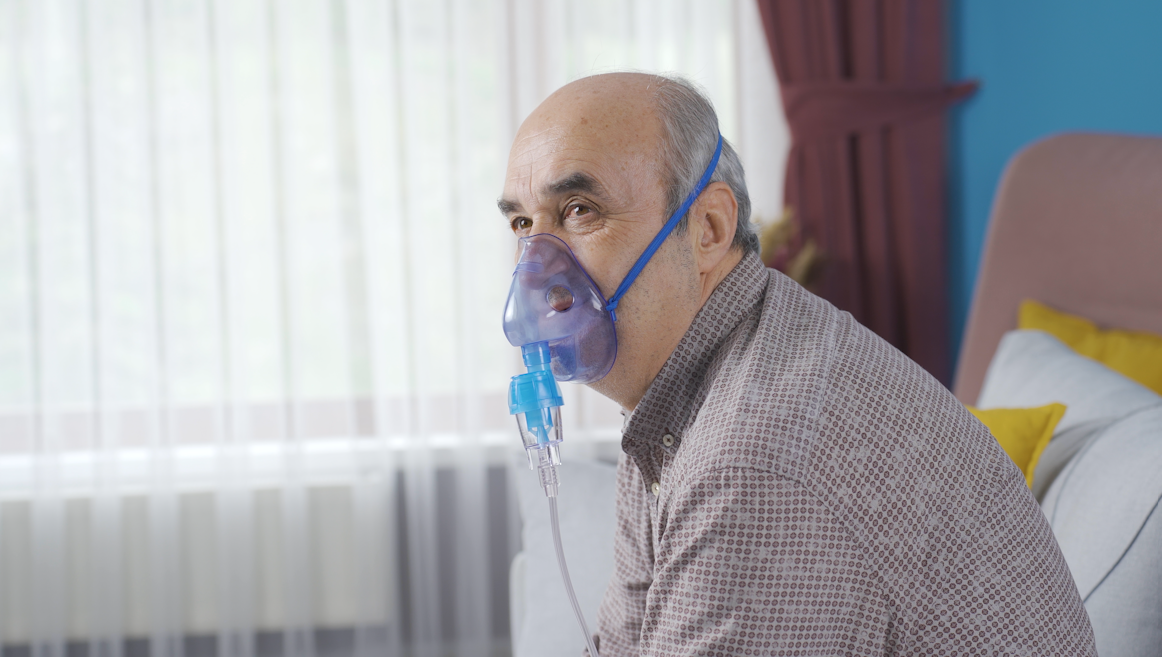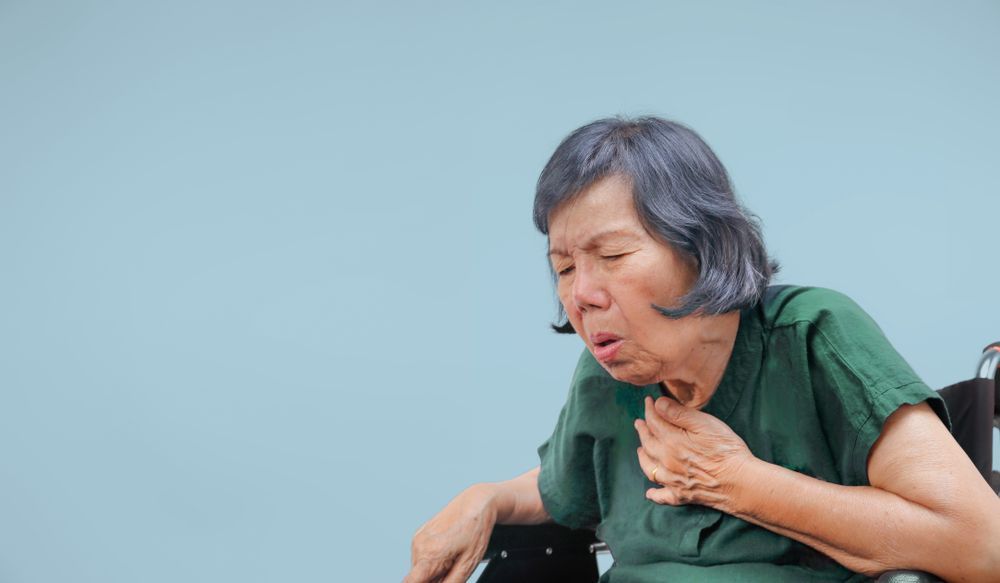Our COVID-19 Response at Elder Care Homecare. Read Now
Understanding the Consequences of Lack of Sleep in Elderly People
Sleep is a fundamental aspect of our lives that affects our physical and mental health. As we age, our sleep patterns often change, and many elderly individuals experience difficulties in getting a good night's rest. The consequences of lack of sleep in elderly individuals can have profound effects on their overall well-being and health.

It's crucial to understand why sleep is so essential. Sleep plays a vital role in various aspects of our health, including:
- Cognitive Function: Quality sleep is essential for maintaining cognitive functions such as memory, attention, and problem-solving. Poor sleep can lead to cognitive decline and an increased risk of conditions like Alzheimer's disease.
- Emotional Well-being: Sleep is closely linked to mood regulation. Lack of sleep can result in mood swings, irritability, and an increased risk of depression and anxiety.
- Physical Health: Adequate sleep supports the body's immune system, helps regulate hormones, and aids in the repair and maintenance of tissues. Poor sleep can lead to a weakened immune system, weight gain, and an increased risk of chronic diseases like diabetes and cardiovascular problems.
- Safety: Sleep deprivation can impair reaction times and coordination, increasing the risk of accidents and falls, which can be particularly dangerous for the elderly.
The Consequences of Lack of Sleep in Elderly People:
- Cognitive Decline: Poor sleep has been linked to an increased risk of cognitive decline and neurodegenerative diseases such as Alzheimer's and dementia in the elderly. Sleep is essential for clearing away toxins from the brain and consolidating memories. When sleep is disrupted or insufficient, these processes are compromised.
- Mood Disorders: Elderly individuals who experience poor sleep are more susceptible to mood disorders like depression and anxiety. Sleep disturbances can exacerbate existing emotional issues and make it challenging to manage these conditions effectively.
- Physical Health: Chronic sleep deprivation in the elderly can contribute to a range of physical health problems, including hypertension, obesity, diabetes, and cardiovascular diseases. It can also weaken the immune system, making seniors more susceptible to infections.
- Falls and Injuries: Poor sleep can lead to balance and coordination issues, increasing the risk of falls and related injuries. For older adults, falls can be especially hazardous, potentially leading to fractures and hospitalization.
- Reduced Quality of Life: Overall, poor sleep negatively impacts an elderly person's quality of life. It can lead to reduced energy levels, social withdrawal, and decreased engagement in enjoyable activities, leading to a decline in overall well-being.
Strategies to Improve Sleep in the Elderly:
- Establish a Routine: Encourage a consistent sleep schedule by going to bed and waking up at the same time every day, even on weekends. This helps regulate the body's internal clock.
- Create a Comfortable Sleep Environment: Ensure that the bedroom is conducive to sleep. This includes a comfortable mattress and pillows, a dark and quiet room, and a comfortable room temperature.
- Limit Stimulants: Reduce or eliminate caffeine and alcohol intake, especially in the hours leading up to bedtime. These substances can interfere with sleep patterns.
- Stay Active: Regular physical activity can improve sleep quality. Encourage gentle exercises like walking or yoga, but avoid strenuous activities close to bedtime.
- Manage Medications: Some medications can interfere with sleep. Consult with a healthcare provider to discuss potential alternatives or adjustments in medication schedules.
- Address Underlying Conditions: Treat underlying medical conditions, such as sleep apnea or restless leg syndrome, that may be contributing to poor sleep.
- Relaxation Techniques: Encourage relaxation techniques like deep breathing, meditation, or progressive muscle relaxation to help seniors wind down before bedtime.
- Nutrition: Encourage a light, healthy snack before bedtime, such as a banana or a glass of warm milk, to promote sleep-inducing hormones like melatonin.
- Social Engagement: Promote social interactions and engagement in activities that bring joy and a sense of purpose, as these can positively influence sleep.
Poor sleep in the elderly and senior citizens is a significant concern with far-reaching consequences for physical and mental health. Recognizing the importance of sleep and implementing strategies to improve sleep quality can have a profound impact on the well-being and quality of life of elderly individuals. By addressing sleep issues proactively, we can help our aging population lead healthier and more fulfilling lives, ensuring that they enjoy their golden years to the fullest.
New York City Elder Home Care Blog





Elder Care Homecare looks after seniors and individuals with disabilities through dependable companion care and in-home care services.
We service Westchester County, Long Island and the entire New York City metro area including Queens, Brooklyn, The Bronx, and Manhattan.
QUICK LINKS
CONTACT
Call Us Today:
(914) 268-6221
Caregiver or Employment Inquiries: (914) 414-4841
111 Brook St
Scarsdale, NY 10583
370 Lexington Ave
New York, NY 10168
United States
1025 Old Country Road
Suite 314
Westbury, NY 11590
750 E Main St
Stamford, CT 06902






